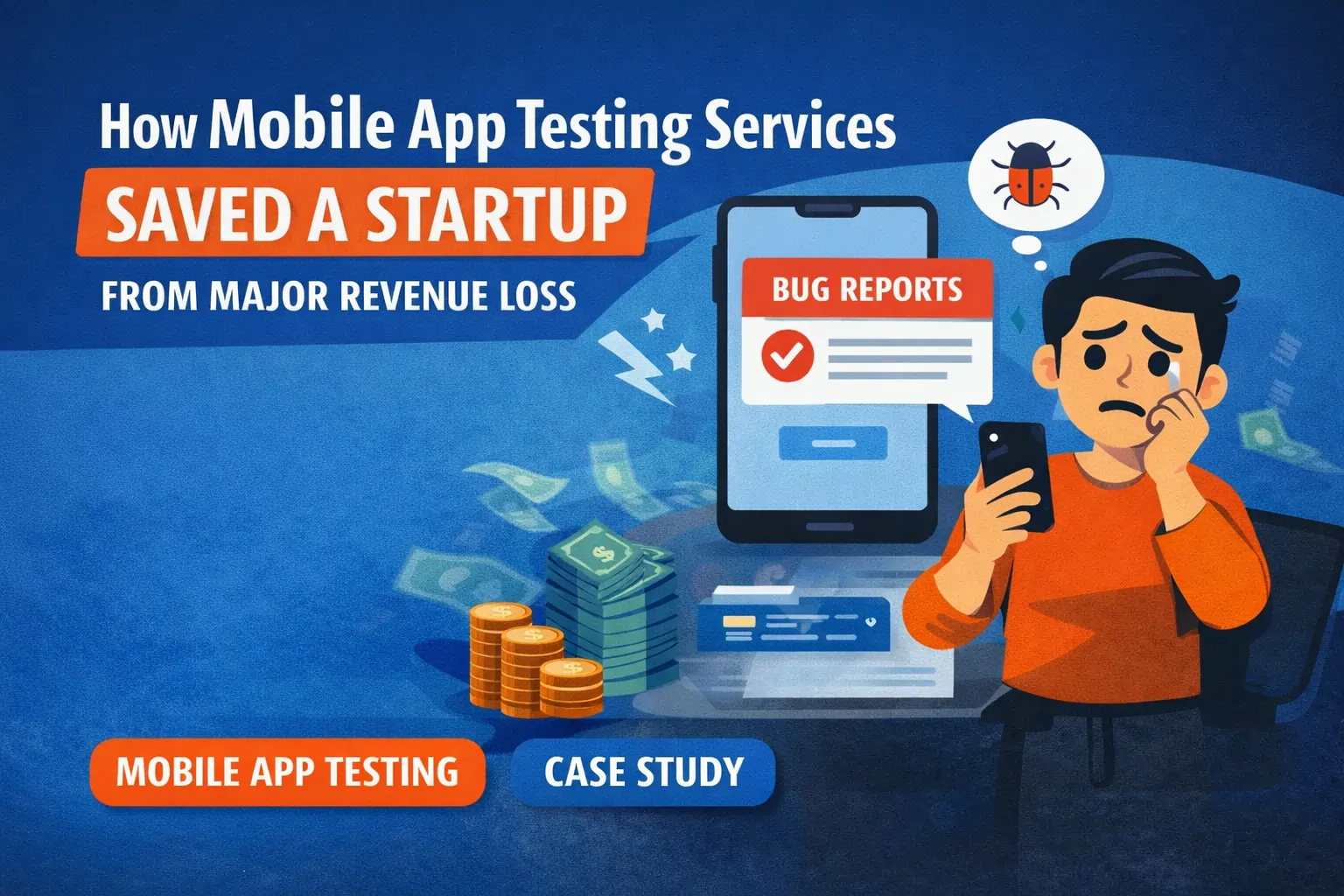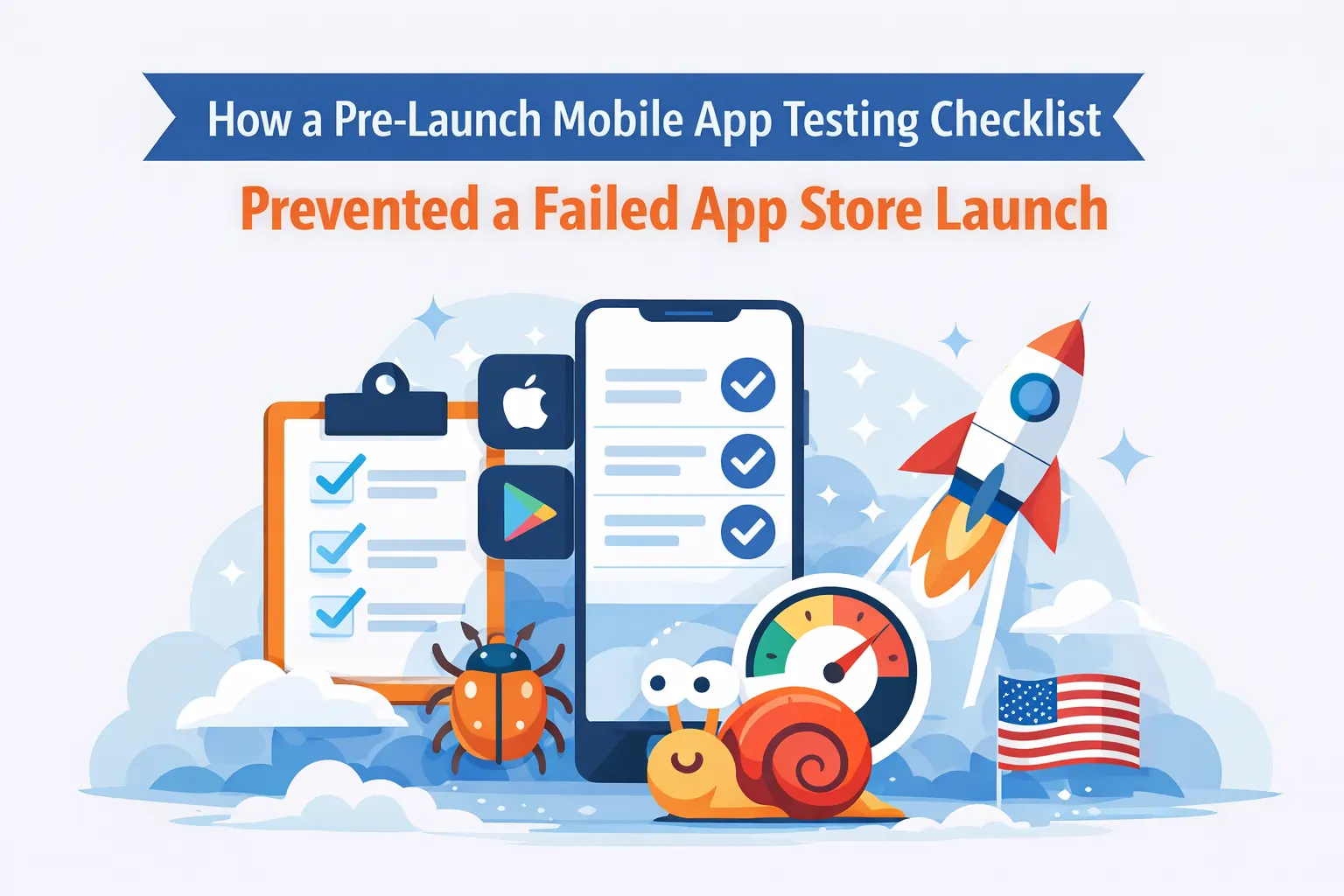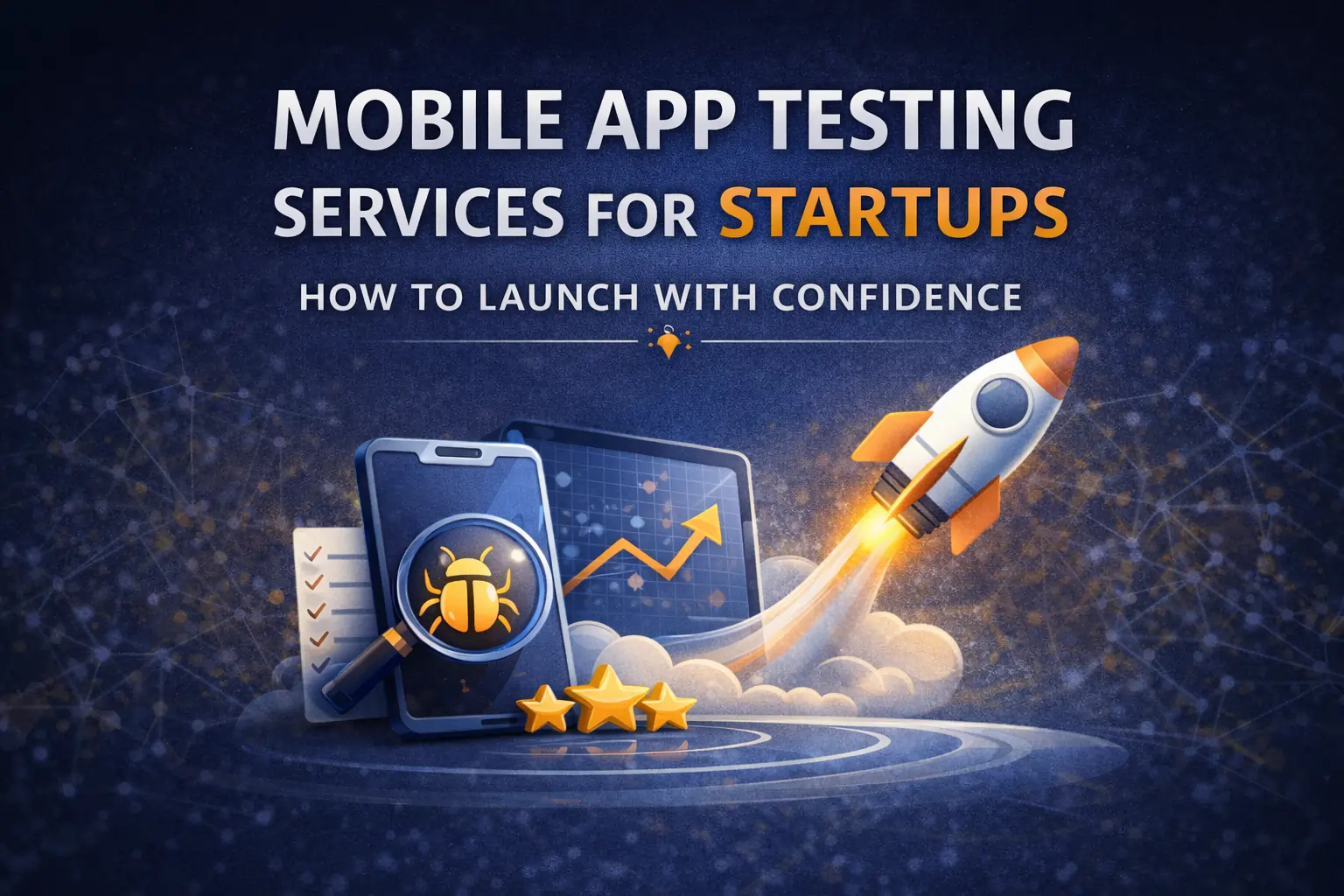Mobile App Testing Services: How They Enhance App Launch Success
A successful mobile app launch involves more than just introducing a new product. It requires ensuring high quality and performance from day one. Mobile app testing services are crucial for achieving this, playing a key role in the development process. This blog delves into how mobile app testing services contribute to a successful launch by highlighting key testing phases, feedback management strategies, and emerging trends.
Why Comprehensive Testing is Vital Before Launch
Rigorous testing is essential in app development. It helps identify and resolve issues before release. Mobile app testing services are vital for uncovering bugs, performance issues, and compatibility problems. Ensuring the app functions well across various devices and settings helps avoid costly fixes later and improves user satisfaction.
Key Testing Phases for a Successful App Launch
Effective testing includes several phases:
- Exploratory Testing: Testers interact with the app’s features without following specific test cases. This helps uncover unexpected issues and assess the app’s overall effectiveness.
- Functional Testing: Ensures all app functions work correctly. Testers check user interactions, data input, and navigation to confirm proper operation.
- Beta Testing: Involves releasing the app to a select group of external users. Their feedback on usability and performance is crucial for identifying issues that earlier tests might have missed.
- Pre-launch Testing: The final phase checks the app’s performance, security, and compatibility with different devices and operating systems to ensure it meets all required standards before going live.
Effective Approaches for Managing Beta Feedback
Beta testing provides valuable insights. Here’s how to manage and leverage feedback effectively:
- Structured Feedback Collection: Use detailed surveys and feedback forms to gather precise input from beta testers. Customize questions to address various features of the app.
- Analyze and Prioritize Issues: Review feedback to identify common problems and prioritize them based on their impact on functionality and user experience.
- Iterative Refinement: Make changes based on feedback in iterative cycles. Regular updates improve app quality and address issues promptly.
- Maintain Tester Communication: Keep communication open with beta testers to gather insights and update them on any changes or fixes.
Tools and Techniques to Enhance Pre-Launch Testing
Optimize pre-launch testing with these tools and methods:
- User Analytics Tools: Platforms like Firebase Analytics and Mixpanel provide insights into user interactions and app performance, highlighting areas for improvement.
- Real-Time Error Monitoring: Tools such as Sentry and Crashlytics track app crashes and errors immediately, allowing for quick issue resolution.
- Automated Testing Solutions: Tools like Ranorex and Katalon Studio automate the testing process, ensuring extensive coverage and reducing testing time.
The Impact of Testing on User Reception and Launch Success
Effective testing greatly influences user reception and launch success. A well-tested app is likely to:
- Deliver a Positive User Experience: Smooth functionality enhances user satisfaction, leading to positive reviews and higher ratings.
- Reduce Post-Launch Issues: Identifying and fixing issues before launch minimizes negative feedback and costly fixes after release.
- Boost User Retention: A reliable app encourages continued use and recommendations to others.
Best Practices for Integrating Testing into Your Launch Strategy
To fully benefit from mobile app testing services, follow these best practices:
- Begin Testing Early: Start testing early in development to uncover issues sooner and address potential problems before launch.
- Implement Ongoing Testing: Engage in continuous testing throughout the development cycle to maintain quality and promptly address new issues.
- Conduct Testing on Real Devices: Test across a diverse range of actual devices to accommodate different hardware and software environments.
- Monitor Post-Launch Metrics: After the app goes live, monitor its performance and user feedback to quickly address any emerging challenges.
Future Trends in Mobile App Testing
The mobile app testing field is evolving with new trends:
- AI and Machine Learning Integration: AI-driven tools enhance testing efficiency by predicting issues and automating complex scenarios.
- Increased Use of Cloud Testing: Cloud-based platforms offer scalable solutions for testing across various environments and devices.
- Emphasis on Security Testing: With growing data security concerns, testing services increasingly focus on identifying and addressing security vulnerabilities.
Conclusion
A successful mobile app launch hinges on thorough and precise testing. Embracing cutting-edge testing strategies, carefully evaluating beta feedback, and performing detailed assessments are essential for a seamless app rollout. Proactively addressing potential issues before launch enhances user satisfaction, mitigates post-launch problems, and boosts overall app performance.
At Testers HUB, we are dedicated to guiding you through every step of your app’s launch. Our expert testing services are crafted to ensure superior app performance and exceed your users’ expectations.











